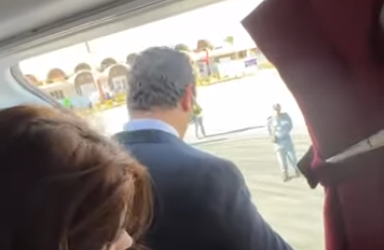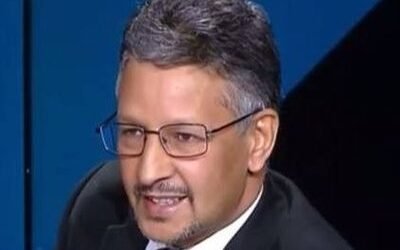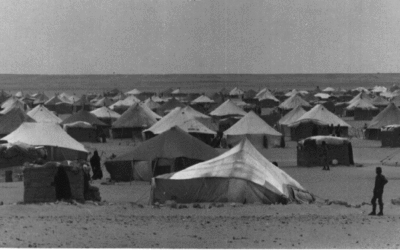Sahrawi People Reject the Proposal and demand Full Independence
In a bold and highly controversial move, Staffan de Mistura, the United Nations Special Envoy for Western Sahara, has reportedly proposed the division of the disputed territory between Morocco and the Sahrawi people. This suggestion, aimed at resolving the decades-long conflict, has sparked an immediate backlash from the Sahrawis, who unequivocally rejected the idea, reaffirming their commitment to the complete independence of their homeland.
The Sahrawi people, led by the Polisario Front, have been engaged in a protracted struggle for self-determination since 1975 when Morocco annexed Western Sahara following Spain’s withdrawal from the territory. For nearly half a century, this sparsely populated region in North Africa has been the subject of international controversy, with the United Nations still recognizing it as a non-self-governing territory and advocating for a peaceful resolution through an independence referendum.
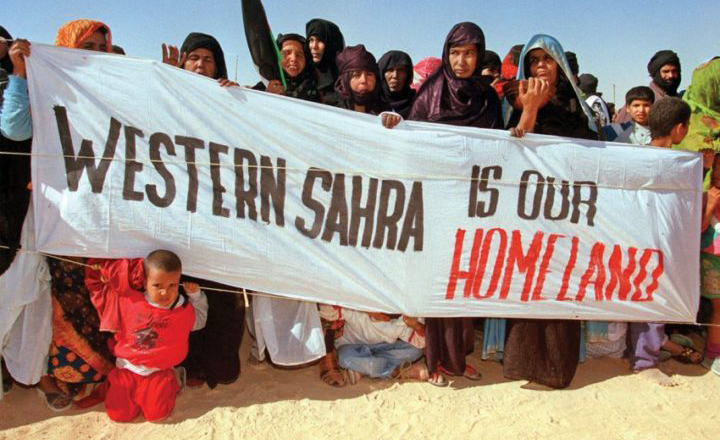
However, de Mistura’s latest suggestion of partitioning the region has reignited tensions. The proposal reportedly involves dividing the land between the Sahrawi people and Morocco, which has maintained control over much of the territory, claiming it as part of its historical sovereign domain.
Sahrawi Leaders Outraged
Sahrawi leaders have responded with outrage, rejecting any compromise that would legitimize Morocco’s presence in the region. “Western Sahara is not a cake to be sliced and divided between occupiers and the people whose land this truly is,” declared a spokesperson for the Polisario Front. “We are fighting for freedom, for independence, and for the return of our homeland in its entirety. This is not something we will barter away.”
The Polisario Front and the broader Sahrawi community view de Mistura’s suggestion as a betrayal of their fundamental right to self-determination, enshrined in international law. Sahrawi officials stressed that any solution short of full independence would be unacceptable, warning that attempts to divide the territory could lead to further instability in the region.
A Longstanding Conflict
Since the initial annexation by Morocco, Western Sahara has been the center of a geopolitical tug-of-war, with both sides unable to reach a compromise. Morocco has insisted on autonomy for the region under its sovereignty, while the Sahrawi people, backed by the African Union and supported by a series of UN resolutions, continue to demand a referendum for independence.
Over the years, several rounds of peace talks have failed to resolve the conflict, with Morocco refusing any solution that includes the possibility of independence, and the Sahrawis rejecting any plan that does not include their full sovereignty over the territory.
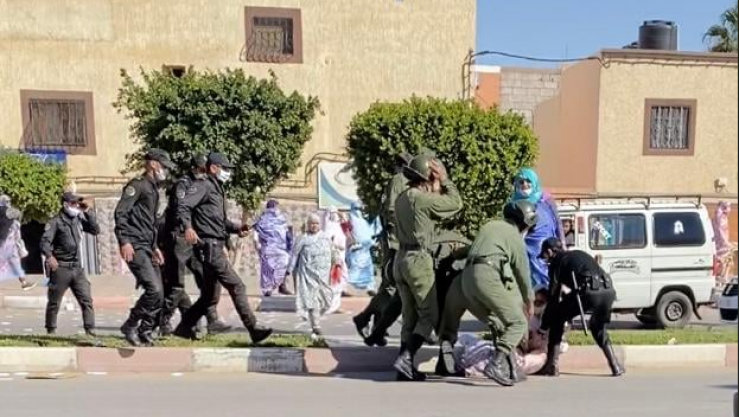
International Reaction
The proposed division is likely to draw mixed reactions from the international community. While some nations may view it as a pragmatic solution to the decades-long deadlock, others, particularly in Africa and parts of Europe, are expected to align with the Sahrawi stance, maintaining that partition violates the right to self-determination and international norms.
Human rights organizations have also weighed in, condemning the ongoing occupation and exploitation of the region’s natural resources by Morocco. A number of these groups have expressed solidarity with the Sahrawi cause, emphasizing that any solution must honor the Sahrawi people’s right to freely choose their political future.
Sahrawis Stand Firm
Despite international pressure, the Sahrawi people remain determined to continue their struggle for freedom. “We have sacrificed too much and endured too many decades of occupation to now be told that our land can be divided. The Sahrawi people will not accept this—no matter the cost,” another Sahrawi representative stated.
For many in the region, the division of Western Sahara is seen as a dangerous precedent that could embolden Morocco’s territorial ambitions and prolong the suffering of the Sahrawi population, many of whom live in refugee camps in neighboring Algeria.
What Comes Next?
As the international community reacts to De Mistura’s controversial suggestion, the Sahrawi people are expected to intensify their calls for full independence, seeking stronger backing from international partners and pushing for renewed efforts to organize the long-promised referendum.
The United Nations has yet to formally comment on de Mistura’s proposal, but this latest development could either bring the sides back to the negotiating table or deepen the already stark divide between them.
For the Sahrawi people, the message is clear: their homeland is not up for compromise, and they will not rest until their right to independence is fully realized. The question now is whether the international community will uphold this principle or allow the partition of Western Sahara.
More developments are expected in the coming days as both Morocco and the Sahrawi people react to this latest turn in the decades-long struggle for control of Western Sahara.


